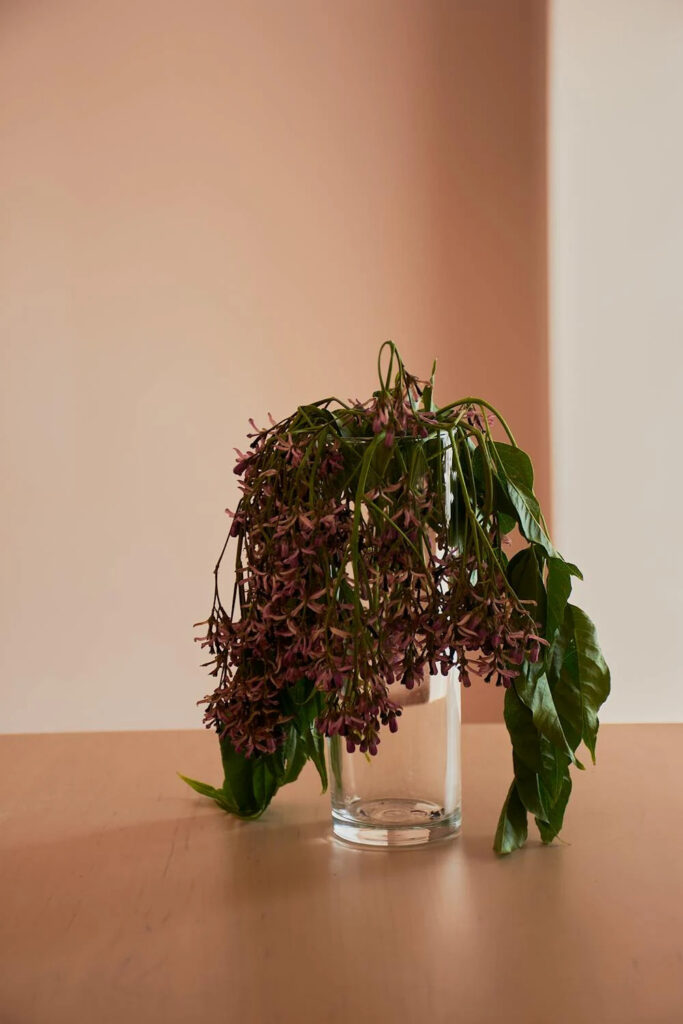
What Should You Do If You Accidentally Buy a Diseased Plant?
Kudos to you for taking the initiative to nurture a plant! We’re extremely proud of you for making this step. However, not everything always goes to plan, and sometimes you might find yourself with a diseased plant. It can be quite disheartening, but don’t worry—your efforts are not in vain. This problem can be fixed but don’t fret—we’ve got your back. With the right approach, you can manage this situation effectively and potentially save your plant. The methods listed below will help you take immediate action to prevent the disease from spreading to your other plants and give your new plant the best chance of recovery.
Quarantine the Plant
As soon as you notice the signs of disease, you must put it in immediate isolation. This means moving the plant away from your other healthy plants to prevent any spread of pathogens that could affect them. On top of that, you might want to place it in a different room or a distant part of your garden so that it does not come in contact with your other plants.
As a reminder, you might also want to inspect your other plants that were within the vicinity of your diseased plant and check for signs of infection and take preventative measures if needed. After handling the diseased plant, you should thoroughly clean your gardening tools and hands to avoid cross-contamination. Most importantly, you need to ensure the quarantine area is clean and free to minimize further infection.
Assess the Damage
First things first, let’s give your plant a thorough once-over. Assessing the damage is key to understanding what we’re up against. Take a close look at every part of your plant—the leaves, stems, roots, and even the soil. Look out for any signs of trouble, like discoloration, spots, strange growths, or drooping leaves. Keep an eye out for other telltale symptoms too, such as leaf spots, fungal growths, mold, or any unwanted visitors like pests.
If you find yourself stumped and unable to pinpoint the issue, don’t worry. It happens to the best of us! Take some photos of the problem areas. These snapshots will be invaluable when seeking advice from experts. And if you’re still feeling lost, turn to your healthy plants for comparison. They will show you what peak plant health looks like. With a keen eye and a little detective work, we’ll get to the root of the issue in no time.
Seek Professional Advice
As a beginner in gardening, it’s perfectly normal to encounter a few hurdles along the way. One common challenge is unwittingly bringing home a diseased plant. There are plenty of resources and experts out there ready to lend a helping hand. When you’re feeling unsure of what to do, seeking professional advice is your best bet. Local nurseries are staffed with experts who can offer guidance on plant diseases and their treatments. Additionally, botanical gardens serve as havens of expertise, where there are seasoned professionals that can provide valuable insights into plant care and disease management.
Don’t overlook the invaluable services offered by agricultural extensions. These organizations tend to often provide free or low-cost consultations, offering plant disease diagnosis and tailored recommendations for treatment. For those seeking a more interactive approach to learning, consider joining gardening forums. These online communities can connect you with fellow enthusiasts and seasoned gardeners who can offer advice based on their own experiences. By tapping into these resources and engaging with fellow gardeners, you’ll not only find solutions to your plant problems but also forge connections with like-minded individuals who share your passion for gardening.
Opt for Organic Fertilizers and Natural Pesticides
Other alternatives that you could look out for are organic fertilizers and natural pesticides that are derived from natural sources and are less harmful to the environment compared to synthetic chemicals. This can help with environmental benefits and are also safe for plants because they provide nutrients to plants without the risk of chemical burns or toxic buildup in the soil to promote healthier growth and long-term soil fertility. On top of that, as opposed to conventional pesticides, organic pesticides for plants are generally safer for humans and pets with lower exposure to harmful chemicals.
Opting for organic fertilizers and natural pesticides cana lso help supporting the growth of beneficial microorganisms for your plant since they tend to release nutrients slowly over time, contributing to a steady and sustained supply of nourishment for plants. Our pesticide shop have natural pesticides that are derived from plant extracts, essential oils, or beneficial insects that can effectively control pests while minimizing harm to other organisms.
Repot with Fresh Soil
A diseased plant can be saved when you repot it with fresh oil. This renews the nutrient supply and allows you to refresh the soil, providing your plant with a new source of nutrients is essential for healthy growth. This is because nutrients in the potting soil may become depleted as plants absorb them for growth and by repotting them with fresh soil, it replenishes these nutrients to ensure your plant has access to essential elements.
Fresh soil also has better structure and drainage that can promote optimal root development that prevents waterlogging. Soil in pots may also become compacted over time because it reduces aeration and hinders root growth. Repotting, in this sense loosens the soil and allows the roots to spread freely and have access to oxygen more easily. Hence, your diseased plant that are most probably contaminated with pathogens or depleted of nutrients may thrive again with the clean environment.